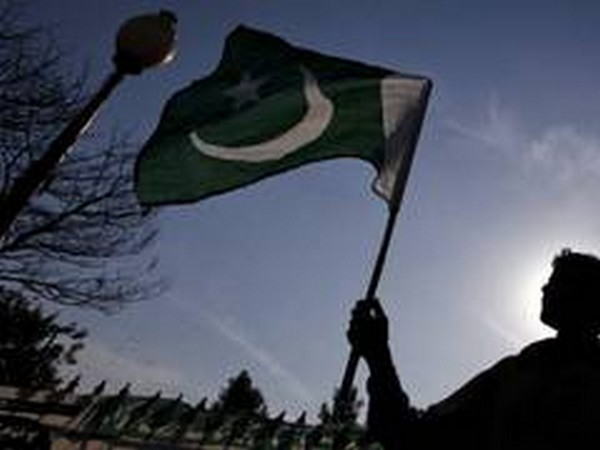Pakistan's Debt Surges Amid Economic Turmoil
Pakistan's government debt soared to PKR 70.36 trillion, raising concerns over economic stability. The IMF approved a USD 7 billion bailout, marking Pakistan's 25th IMF program. Despite efforts, the country faces high inflation and a challenging financial landscape, with a significant increase in both domestic and external debt.

- Country:
- Pakistan
Pakistan's government debt has escalated to an unprecedented PKR 70.36 trillion, according to a report by ARY News. This alarming figure is intensifying worries about the nation's economic stability. Recent data from the State Bank of Pakistan indicates that federal debt surged by PKR 1,448 billion in the initial two months of the current fiscal year, with PKR 739 billion added just in August.
The report further highlights a substantial increase in federal government debt by PKR 6,392 billion between September 2023 and August 2024. By August 2024, domestic debt had soared to PKR 48,339 billion, while external debt accounted for PKR 22,023 billion. This spike in borrowing has sparked serious concerns about Pakistan's fiscal health and ability to sustain its growing debt burden amid continuous economic challenges.
In response to the crisis, the International Monetary Fund (IMF) sanctioned a USD 7 billion bailout package for Pakistan on September 26, releasing an initial trench of under USD 1.1 billion. This marks the country's 25th engagement with the IMF since its independence in 1947, more than any other nation. The relief aims to fortify Pakistan's ongoing economic struggle characterized by high inflation and soaring public debt.
Last year, Pakistan teetered on the brink of default as it faced compounded economic woes due to political instability, devastating 2022 monsoon floods, poor management, and a global downturn. Financial aid from ally countries and the IMF bailout prevented collapse, yet economic indicators remain troubling. The finance ministry's strenuous negotiations with IMF officials to secure the new loan underscore the gravity of the financial situation.
(With inputs from agencies.)
- READ MORE ON:
- Pakistan
- Debt
- Economy
- IMF
- Bailout
- Inflation
- Fiscal Health
- External Debt
- Domestic Debt
- Economic Crisis
ALSO READ
Easing Inflation: India's CPI Expected to Drop in November
RBI Poised for Rate Cuts Amid Inflation Challenges and Growth Forecasts
Inflation Eases in India: CPI Declines to 5.5% in November
Wall Street's Mixed Opening Amid Inflation Anticipations
Gilgit-Baltistan Faces Deepening Economic Crisis Amid Surging Inflation










